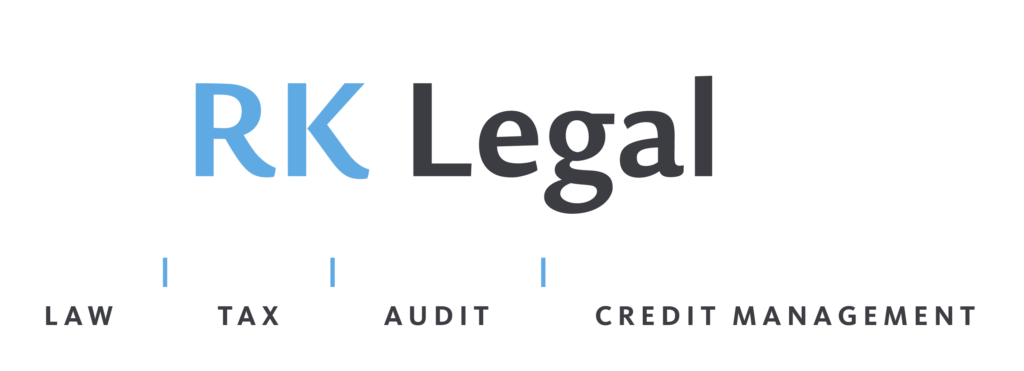Quick search
CTRL+K
Quick search
CTRL+K


Since 2010, the Global Law Experts annual awards have been celebrating excellence, innovation and performance across the legal communities from around the world.
posted 7 years ago
A
number of provisions may enter into force in 2017 to assist entrepreneurs in
debt recovery from defaulting counterparties. Will these changes have real and
beneficial impact on the creditors situation?
The broadest changes are expected to be found in the government
draft bill to amend certain acts to facilitate debt recovery. January 2017 saw
it referred to Sejm committees. It includes the creation of a Register of
Public Debts (hereinafter the RDP). The RDP will contain the details of debtors
late on tax, punitive or customs payments owed to fiscal authorities and
territorial self-governments. Access to the RDP will also be granted to
business, only through business information bureaux (hereinafter BIBs).
The changes will also affect the operations of BIBs themselves.
The Bureaux will now have a duty to exchange debtor information among
themselves. The entrepreneur, on the other hand, will have the option to query
all databases with a single request. BIBs will gain access to a number of
generally available public registers, as well as the option to build prediction
models. This will allow them to evaluate creditworthiness more reliably. Making
the failure to delete or update BIB information a compensable act of unfair
competition will mark an important change for entrepreneurs.
Also the provisions governing the investor’s liability in the
construction process may undergo changes. In particular, this applies to the
legislation governing the establishment and scope of the investor’s
joint-and-several liability for payments to subcontractors, which triggers
doubts in practical application. The purpose of the solutions in this area is
to protect subcontractors and stimulate investor diligence in the selection of
contractors.
The scope of the changes also includes claims pursued through
class actions. Proceedings are to become shorter and the procedure simplified, among
others by removing the requirement of deciding the admissibility of this
procedural path in an open hearing. It will be possible to use class actions to
pursue claims for inadequate performance of a contract, undue enrichment, or
infringement of certain personal rights.
The new regulation will also affect civil procedure. The upper
limit of the amount in dispute in small claims will increase from 10 thousand
to 20 thousand zloties. Also the changes
to interim proceedings invite a favourable response. The time before the
security lapses in the event of a judgment for the claimant will be extended
from one month to two months. Alienation of real property or title to a
co-operative housing unit in contravention of an interim injunction is expected
to be invalid by operation of the law. The draft bill also contemplates broader
faculties for public-law entities to enter into settlements. This will be
possible when such an entity considers it more favourable than the potential
outcome of litigation.
Provisions of the Act of 23 September 2016 on Alternative
Consumer Dispute Resolution will also have a positive impact on entrepreneurs’
debt management. These entered into force on 10 January 2017. They require
entrepreneurs to provide information about ADR on their websites, answers to
complaints, and standard terms. This enables proceedings that are normally
cheaper and faster than foreclosures through the courts.
Also noteworthy is the Act of 15 December 2016 Amending the Code
of Civil Procedure and Certain Other Acts, which entered into force on 18
January 2017. It gives effect to the provisions of the Regulation no. 655/2014
of the European Parliament and of the Council of 15 May 2014 establishing a
European Account Preservation Order procedure to facilitate cross-border debt
recovery in civil and commercial matters. The Act will make it possible to
establish security for claims by seizing debts from the debtor’s bank account
kept in any EU member state.
The Acts and draft bills discussed here are intended to make it
easier for entrepreneurs to pursue claims against debtors while enabling the
latter to also protect their rights. Restoring the functionality of electronic
writ-of-payment proceedings by adapting model statements of claim to interest
regulations already in force for more than a year will have similarly positive
impact. On the other hand, some fears arise with regard to draft bills on
public collectors and foreclosure costs, as well as works on the amendment of
statutes of limitations. For entrepreneurs in need of debt recovery, the year
2017 will mark the challenge of adapting quickly to changes in the legislative
environment.
posted 1 day ago
posted 2 days ago
posted 2 days ago
posted 2 days ago
posted 2 days ago
posted 3 days ago
posted 3 days ago
There are no results matching your search.
ResetFind the right Legal Expert for your business
Sign up for the latest legal briefings and news within Global Law Experts’ community, as well as a whole host of features, editorial and conference updates direct to your email inbox.
Naturally you can unsubscribe at any time.
Global Law Experts is dedicated to providing exceptional legal services to clients around the world. With a vast network of highly skilled and experienced lawyers, we are committed to delivering innovative and tailored solutions to meet the diverse needs of our clients in various jurisdictions.